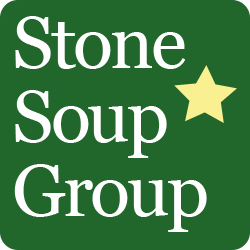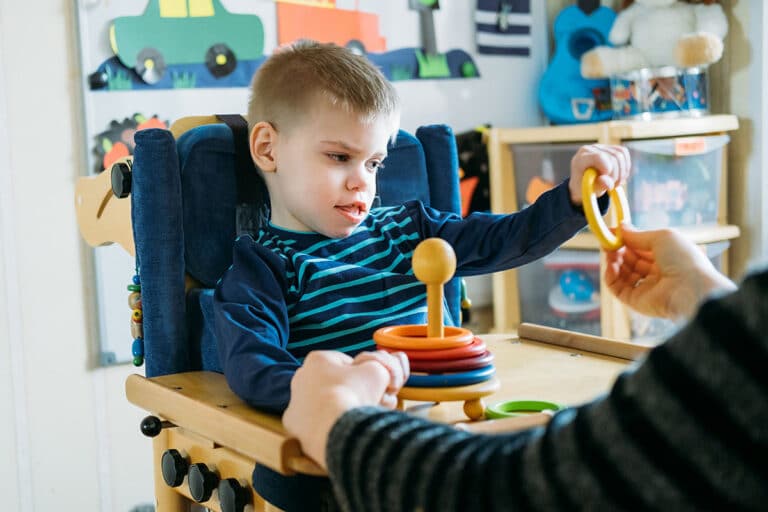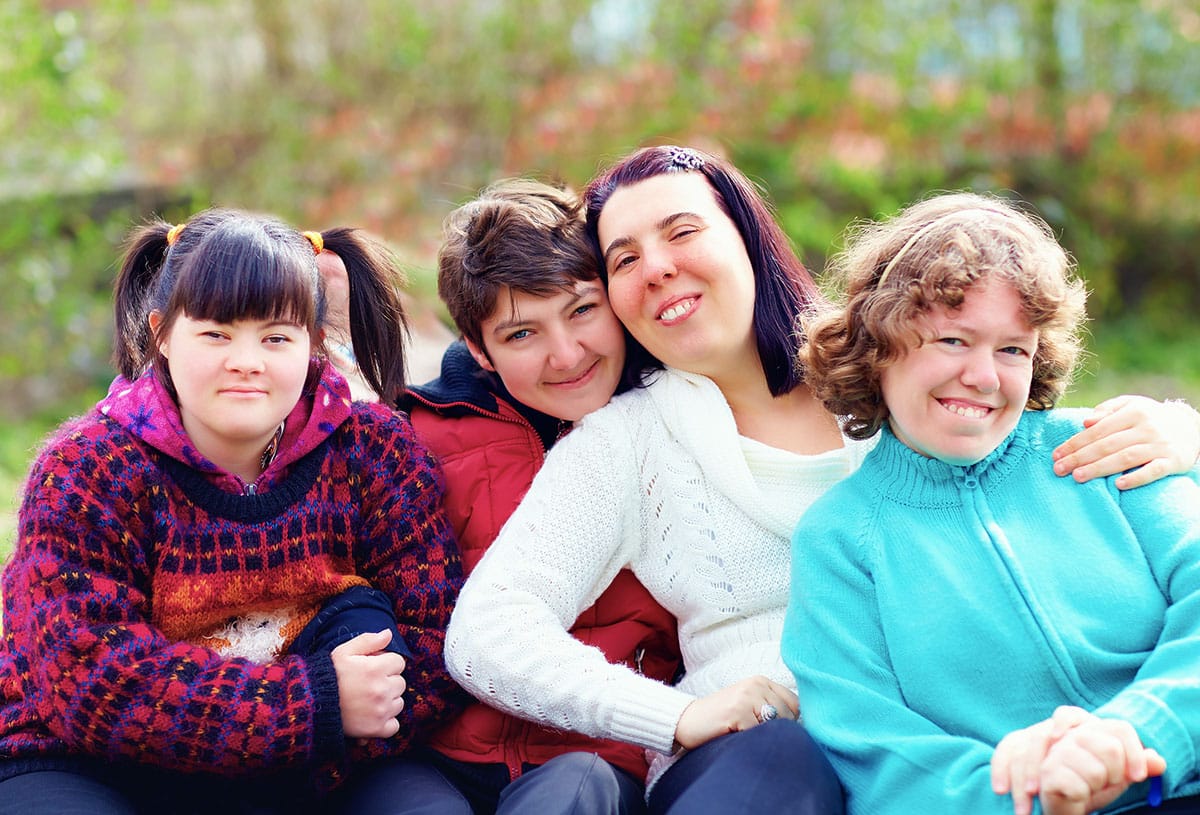What causes (or may cause/lead to) Down Syndrome?
Down Syndrome is a genetic disorder that is caused when abnormal cell division results in extra genetic material from chromosome 21. This error in cell division occurs at conception and is not related to anything the mother has done during pregnancy.
Resources:
- Trisomy 21 is caused by random, abnormal cell division resulting in the baby having three #21 chromosomes instead of two. 95% of all people experiencing Down Syndrome have Trisomy 21.
- Translocation is when a part of chromosome #21 breaks off during cell division and attaches to another chromosome; this extra piece of chromosome #21 causes Down Syndrome symptoms. Unlike Trisomy 21, which is a random error very early on, Translocation can mean that one of the parents is carrying unusually arranged chromosomal material. 3-4% of children with Down Syndrome have Translocation.
- Mosaic Down Syndrome is similar to other forms of Down Syndrome but because some cells may have the typical number of chromosomes (46) there may be a less severe presentation of symptoms. This can be best described online at Stanford Children’s Health.
Early Intervention is highly recommended for individuals experiencing Down Syndrome. The most common and useful forms of early intervention for young children with Down Syndrome are Speech and language therapy, physical therapy, and occupational therapy. These programs will not only benefit the individual experiencing Down Syndrome, but their family as well. Programs of early intervention teach parents how to interact with their child, how to enhance development, and how to meet the specific needs of their child.
- Distinct facial appearance
- Intellectual disability
- Mild to moderate cognitive delays
- Developmental Delays
- Subtle obsessive/compulsive behavior
- Down Syndrome is the most commonly occurring genetic condition.
- Although the incidence of Down Syndrome is known to increase with advancing maternal age, 80% of children with Down Syndrome are born to women under 35 years of age.
- Autism is seen in 5-7% of individuals with Down Syndrome.
- Down Syndrome cannot be prevented; it is a spontaneous genetic abnormality.
- Advanced maternal age is the only known risk for Down Syndrome
- Individuals with Down Syndrome can expect to live to age 60 or longer depending on the severity of their personal health issues.
- 12 Booster Activities for Kids With Down Syndrome
- Developing working memory skills for children with Down Syndrome
- The Alaska Chapter of the National Down Syndrome Congress is active throughout our state and has support groups specific to this diagnosis.










